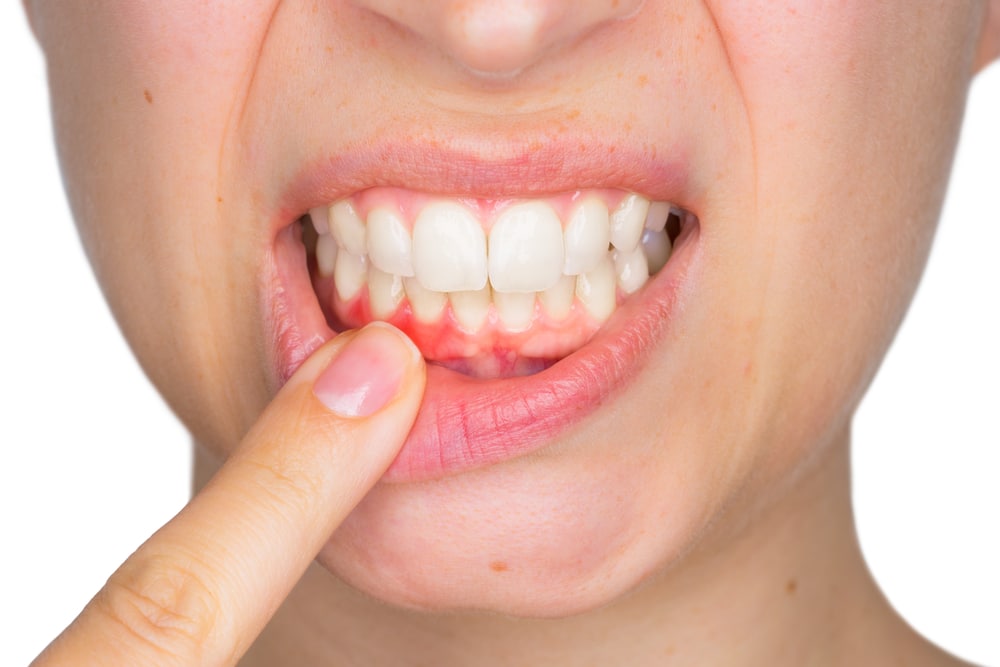If you snore or have breathing difficulties in your sleep, you should pay your doctor a visit as that could be a case of sleep apnea. Your doctor in Park City, Utah, will help with your breathing issues and positively impact your general health. To start you off, here are some quick facts about sleep apnea:
- There are two categories of sleep apnea
- Anyone can have sleep apnea
- The condition intensifies with age
- Sleep apnea is often undiagnosed
According to medical professionals, getting enough sleep (usually 7-9 hours every night) is essential for your health. Sleep apnea prevents you from getting the rest you deserve.
How can you self-diagnose sleep apnea? If you have this condition, you may notice difficulties in breathing during the night. Typically, you may stop breathing for a while before resuming again. Resultantly, the body experiences insufficient oxygen levels resulting in sleepiness during the day. Here are some of the most common symptoms to look out for:
- Drowsiness in the day
- Irritability and personality changes
- Disturbed sleep
- Snoring
- Waking up with a sore or dry throat
- Persistent morning headaches.
Statistics indicate that about 15% of the U.S population has sleep apnea. And contrary to common belief, the condition can afflict anyone, not just your stereotypical overweight middle-aged man.
There are several treatments for sleep apnea that you can access at your doctor’s office. The treatments depend on how severe your condition is. If you have mild or moderate obstructive sleep apnea, your dentist could recommend oral appliances. The appliances work by fitting over the teeth and ensuring your airways remain open even as you sleep. This prevents air blockages.
So, what next after treatment? How do you benefit? This brief addresses some of the health benefits associated with sleep apnea treatment.
Better Sleep
If you have this condition, you may stop breathing up to 90 times hourly. After each pause, your body gets startled and wakes up before breathing resumes. This occurrence keeps you from getting good undisturbed sleep, and as a result, you may wake up not feeling refreshed.
Once you can breathe normally in your sleep without any stoppages, you will be more refreshed and full of energy the following day.
Reduced Risk of Stroke and Heart Problems
The Wisconsin Sleep Cohort Study (WSCH) carried out a study to establish the relationship between hypertension and sleep apnea. The study found that the incidence of hypertension was three times greater in those with sleep disturbances compared to those with none.
Similarly, the stroke risk was 4.5 times greater in the individuals experiencing severe disturbance. As you can see, several health threats are directly related to sleep apnea; therefore, eliminating the condition reduces your chances of contracting such ailments.
Reduced Risk of Depression
The WSCH found that the depression risk increased with an increase in the severity of sleep disturbances. Any amount of sleep disturbance increases your risk of depression, but this risk is higher in individuals with severe disturbances.
Sleep apnea treatment in Park City, Utah, therefore, saves you the troubles of depression.
Reduced Risk of Mortality
If you weren’t taking this condition with the seriousness it deserves, then it is time you did. According to doctors, those with severe sleep disturbances are at higher risk of dying from any cause.
Sleep apnea treatment also lowers your risks of getting cancer and helps you keep your diabetes in control. If you suspect you have sleep apnea, it is advisable to get the necessary medical attention before things get out of hand.
Having a healthy smile can make such a significant difference in life. The health of your teeth impacts life on a functional level, in terms of making eating easy, and also on an aesthetic level, as a healthy smile brings added confidence.
When your teeth do not look or feel their best, it can leave you with a wide range of oral health concerns. For example, if your teeth are not cleaned thoroughly, you could be left with bad breath, discolored teeth, and you may develop gum disease and cavities.

